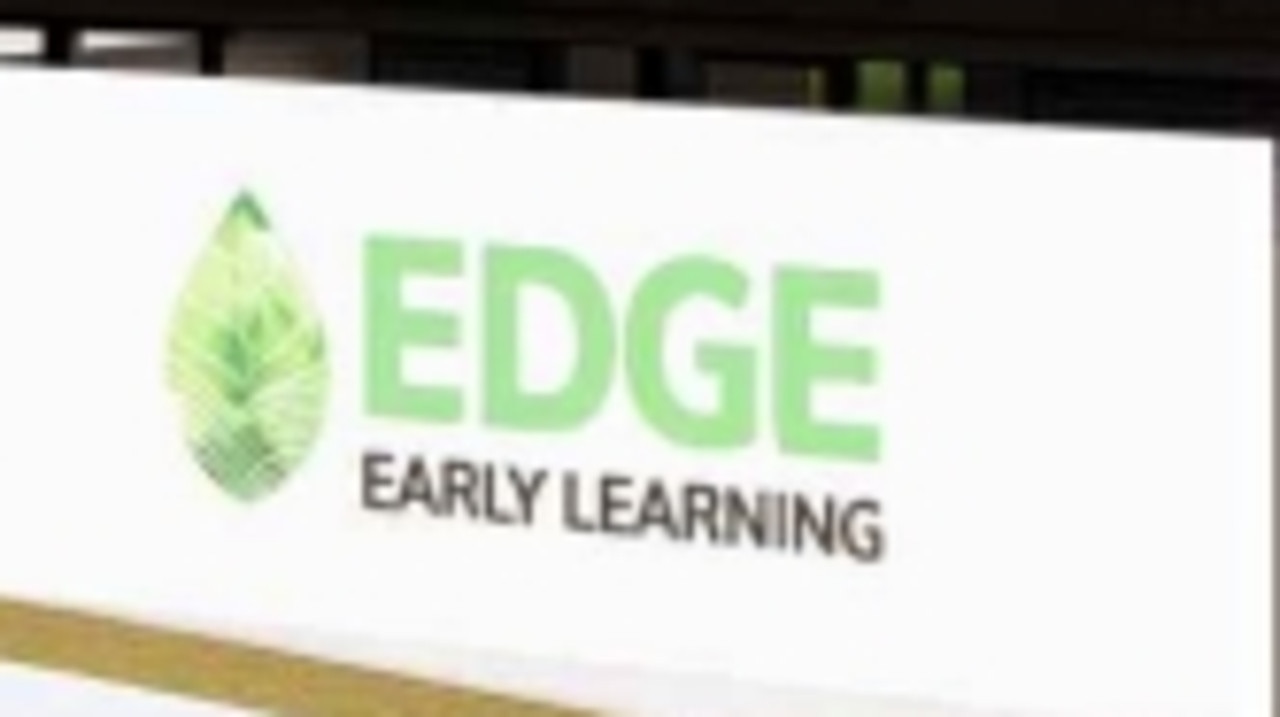Senate inquiry recommends national licensing scheme after company collapses, cladding fires
EVERY builder in Australia could have to apply for a new licence under this proposal. But that’s just the beginning as the nation looks to crack down on dodgy builders and dangerous products.
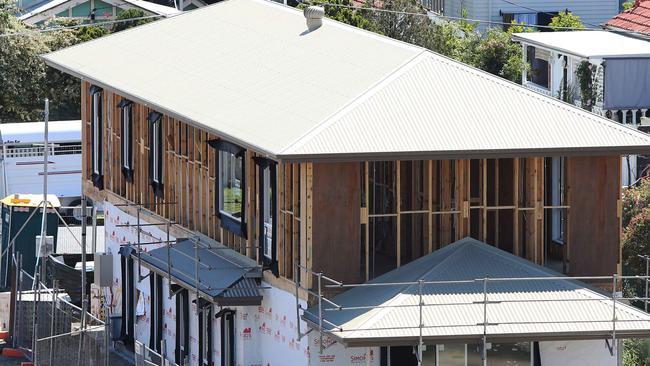
Gold Coast
Don't miss out on the headlines from Gold Coast. Followed categories will be added to My News.
SWEEPING changes of the construction industry, including a national builder’s licence and a complete ban on flammable aluminium cladding have been proposed in the wake of illegal phoenix activity and terrifying building fires.
Every square metre of the cladding implicated in a series of fires has similar flammability to five litres of petrol, an interim report from the Senate committee inquiry into nonconforming building has said.
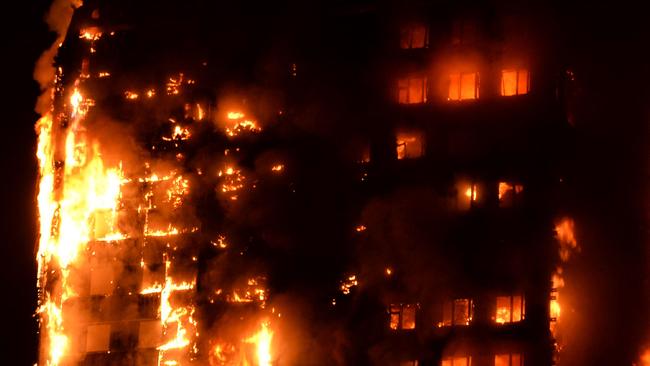
The committee made eight recommendations they say will enhance public safety and prevent a disaster like the fatal Grenfell tower fire happening in Australia.
Builders say residents have virtually no way of knowing whether their building is clad in the highly-flammable polyethylene-core cladding without sending it to a lab for testing.
The inquiry was supposed to be completed two years ago and was set up after fire roared up Melbourne apartment building Lacrosse in just 11 minutes, forcing the evacuation of all 400 residents and causing $5 million damage.
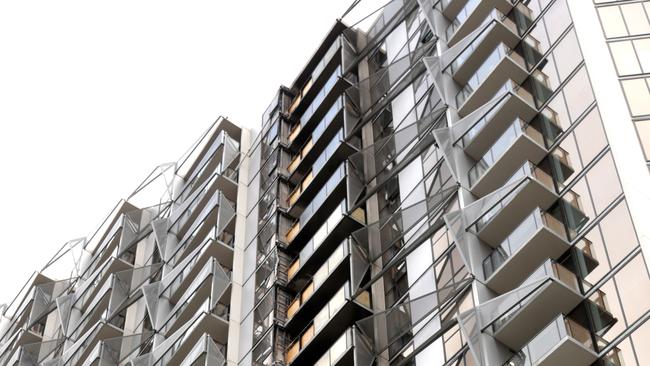
It received more than 140 submissions in 2015 but stalled after repeated extensions of time and a Federal election.
In the interim report released last night, Senator Nick Xenophon said the lack of action was “embarrassing and pathetic” and said the Federal Government should force the States to comply if they would not do so voluntarily.
“Governments cannot dawdle along in relation to this issue. Lives are at risk,” he wrote.
“The recommendations in this report must not only be agreed to by Government, but a time frame for implementation of them must also be laid out.
“In the absence of the Council of Australian Government (COAG) process dealing with this issue within 90 days, the Commonwealth must consider unilateral action using powers constitutionally available to it.”
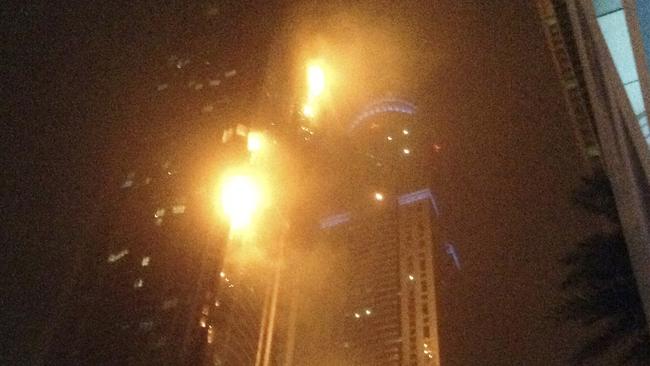
Cladding with a polyethylene core — including Chinese brand Alucobest — is often cheaper than products with fire-treated mineral or honeycomb aluminium cores.
Its import and use is not illegal, but it is against the National Construction Code to use it in most multistorey buildings.
The Queensland Government announced an audit in June, targeting buildings made between 1994 and 2004.
The Senate committee has recommended a total ban on the importation, sale and use of Polyethylene core aluminium composite panels “as a matter of urgency”.
“In light of the Grenfell Tower fire tragedy, the committee does not consider
there to be any legitimate use of PE core ACPs on any building type,” their report said.
It said the Federal Government should work with the states and territories to establish a national licensing scheme, “with requirements for continued professional development for all building practitioners”.
“The committee considers that a national licencing scheme for all trades and professionals involved in the building and construction industry including: building surveyors, building inspectors, builders and project managers, would improve compliance and provide greater consumer protection and public safety outcomes.”
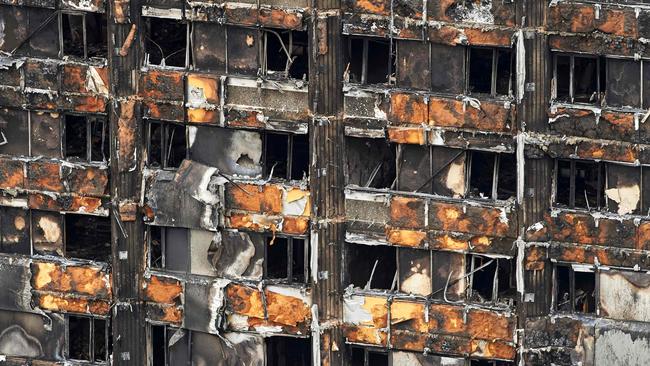
The committee savaged the current system whereby companies were forced to pay to view the Australian Standards they had to follow to comply with the national code and called for the standards and codes to be freely available.
“The committee is dismayed that building practitioners are expected to pay unreasonable sums of money to access Australian Standards which are required to ensure they comply with the NCC,” their report said.
A recommendation from the inquiry supported a Federal Government move to crack down on illegal phoenix activity by introducing compulsory identification numbers for company directors, although the “lack of a clear time frame” for it was criticised.
The state is also seeking new laws to protect consumers and subcontractors after a slew of Gold Coast construction company collapses.
The committee also recommended:
* Nationally consistent measures to increase accountability for participants across the supply chain and mandatory inspections by fire safety engineers and fire authorities to ensure buildings are compliant and public safety is upheld;
* Penalties for noncompliance with the National Construction Code such as revocation of accreditation or a ban from tendering for Commonwealth funded construction work and substantial financial penalties;
* Better resourcing of the Federal Safety Commissioner;
* A national statutory duty of care system for buyers of residential apartments to cover them against the discovery of non-compliant or nonconforming building products.
The Senate committee’s final report is due for release on April 30, 2018.


